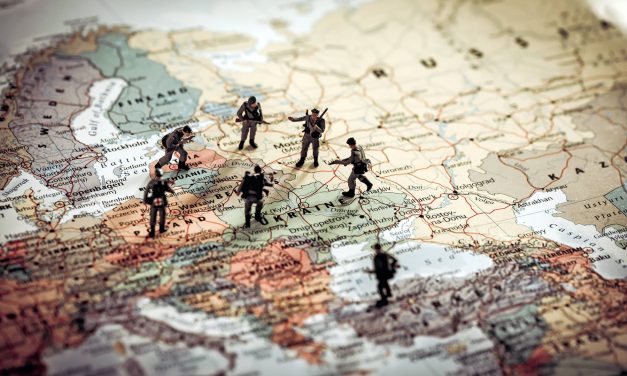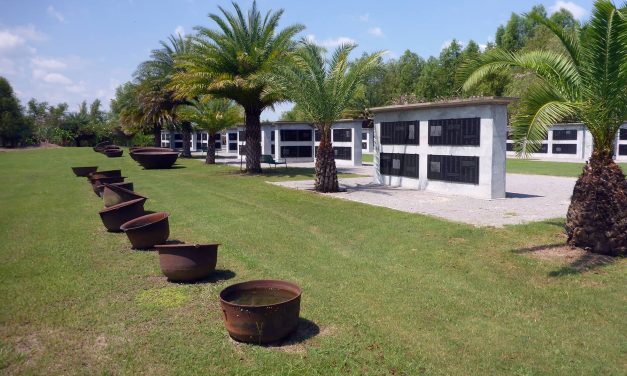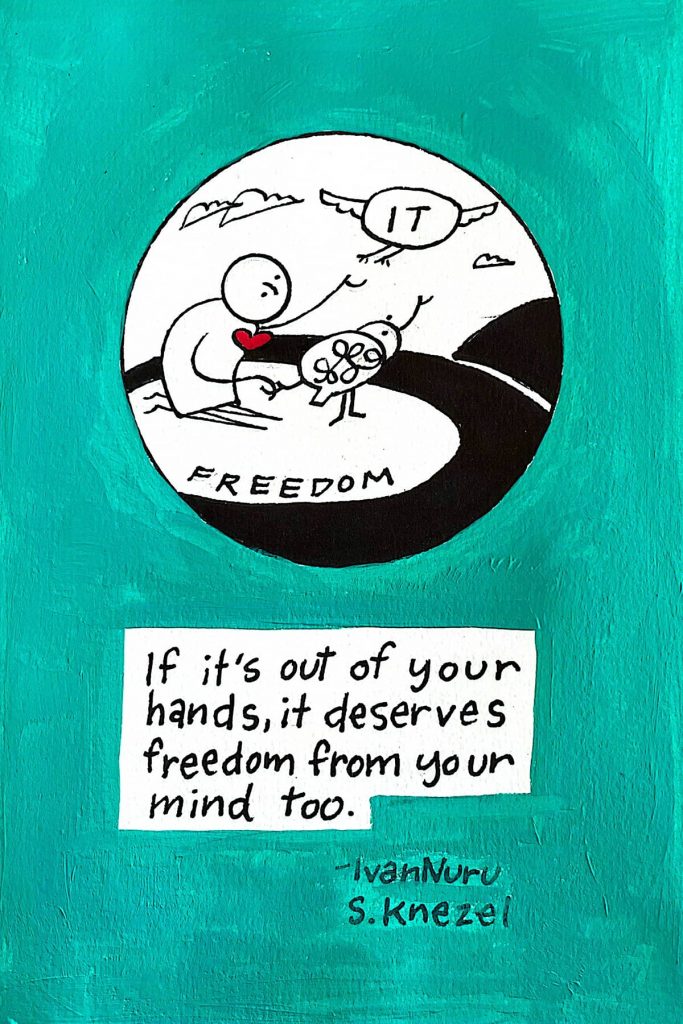Building blocks for war: How Putin used 14 years of lies and disinformation to justify a Ukraine invasion
By Juris Pupcenoks, Associate Professor of Political Science, Marist College; and Graig Klein, Assistant Professor of Terrorism & Political Violence, Leiden University As the invasion of Ukraine began in late February 2022, President Vladimir Putin offered several justifications for why Russia had no other option. First: Russia needed to fight the rise of fascism and neo-Nazism by demilitarizing Ukraine. According to Putin, Ukrainian leaders, including the country’s democratically elected Jewish president, Volodymyr Zelenskyy, were a bunch of neo-Nazis and drug addicts holding Ukraine hostage. Second: Russian intervention would prevent the alleged genocide of Russian speakers in eastern Ukraine. Third:...
Read More















